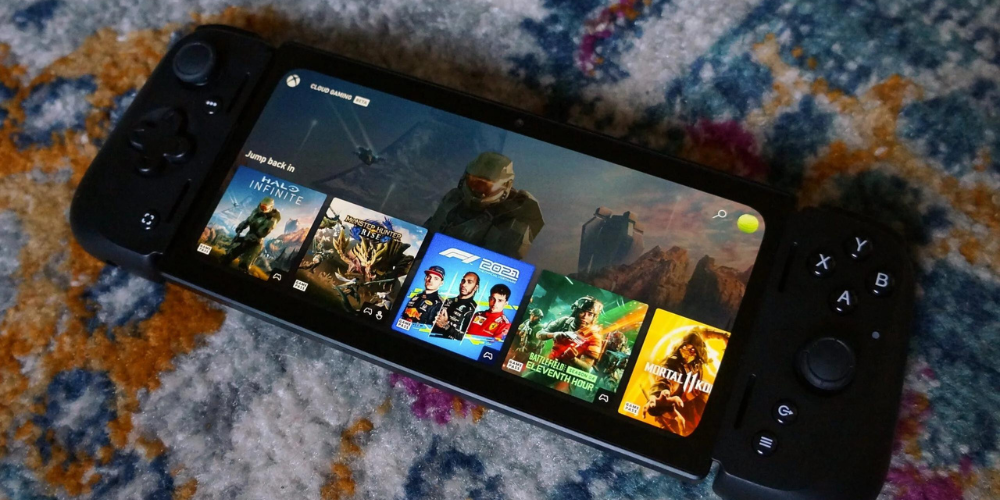The Psychology Behind Mobile Gaming Addiction and How to Combat It

Mobile gaming has become an integral part of our daily lives, offering an escape from reality, a way to pass time and a means of social connection. However, for some individuals, what starts as casual engagement can escalate into a compulsive habit that's hard to break. Mobile gaming addiction is characterized by the excessive use of games that interferes with one's daily life, responsibilities, and personal relationships. But what is it about mobile games that can be so captivating, and why do some people develop an addiction?
The psychological underpinnings of mobile gaming addiction are multifaceted. Games are designed to tap into our brain's reward system, releasing dopamine—a neurotransmitter associated with pleasure and reinforcement. This creates a cycle of playing, achieving, and seeking further accomplishment. The accessibility of mobile games also plays a significant role; they can be played anywhere and at any time, providing constant availability that can lead to habitual use. The social aspect of gaming can't be ignored either. Many games encourage online interaction, creating communities that provide a sense of belonging and social reinforcement for continued play.
The Illusion of Control and the Progress Paradox

The allure of mobile gaming is often rooted in the illusion of control it provides. Players are placed in virtual worlds where they can exert influence and make decisions that have immediate, visible outcomes. This sense of control can be particularly appealing for individuals who may feel they lack it in other areas of their lives. In-game achievements and progress give a false sense of productivity and success, which can be addictive in itself. The paradox lies in the fact that the more one progresses in a game, the more there is to achieve, creating an endless cycle of goal-setting and reward.
Progress in mobile games is often designed to be just within reach, which keeps players coming back for more. The difficulty curve is carefully calibrated to ensure that players remain engaged without becoming frustrated. This can lead to a sense of investment in the game, where players feel they've put in too much time and effort to stop.
Setting Limits: The First Step to Detox
Acknowledging the issue is the first step in combating mobile gaming addiction. Understanding the psychological factors at play can empower individuals to take control of their gaming habits. Setting limits on playtime can be an effective strategy. This might involve allocating specific times of the day for gaming or using apps that monitor and restrict usage. It's crucial to be realistic about these limits; setting them too strict initially can lead to frustration and relapse. Instead, gradual reduction can help ease the transition away from constant gaming.
Another important aspect of setting limits is to have clear boundaries between gaming and other aspects of life. This might mean no gaming during work or study hours, at meal times, or before bedtime. Creating a physical separation can also help, such as designating certain spaces as game-free zones. Encouraging other interests and hobbies can fill the void left by reduced gaming, providing alternative sources of enjoyment and satisfaction. This broadens one's identity beyond that of just a gamer and helps to establish a more balanced lifestyle.
Finding Balance: Alternative Activities and Mindful Gaming

Finding balance in life is essential to overcoming mobile gaming addiction. Engaging in alternative activities that are rewarding and fulfilling can reduce the temptation to play. This might encompass activities such as sports or workouts that also trigger the release of dopamine and enhance mood or engaging in creative endeavors like art, music, or writing. Social interactions outside of gaming can also provide meaningful connections and a sense of belonging, which might have been sought through gaming communities.
Mindful gaming involves being aware of one's gaming habits and the reasons behind them. Reflecting on the emotions and situations that trigger excessive gaming can lead to greater self-awareness and control. It's also helpful to question the rewards that gaming provides and whether they are truly beneficial or just a temporary fix for other issues. By being mindful, individuals can enjoy gaming in moderation without it taking over their lives. Education about the nature of addiction and the design of games can also provide insights into why it can be hard to stop and how to approach gaming in a healthier way.
















